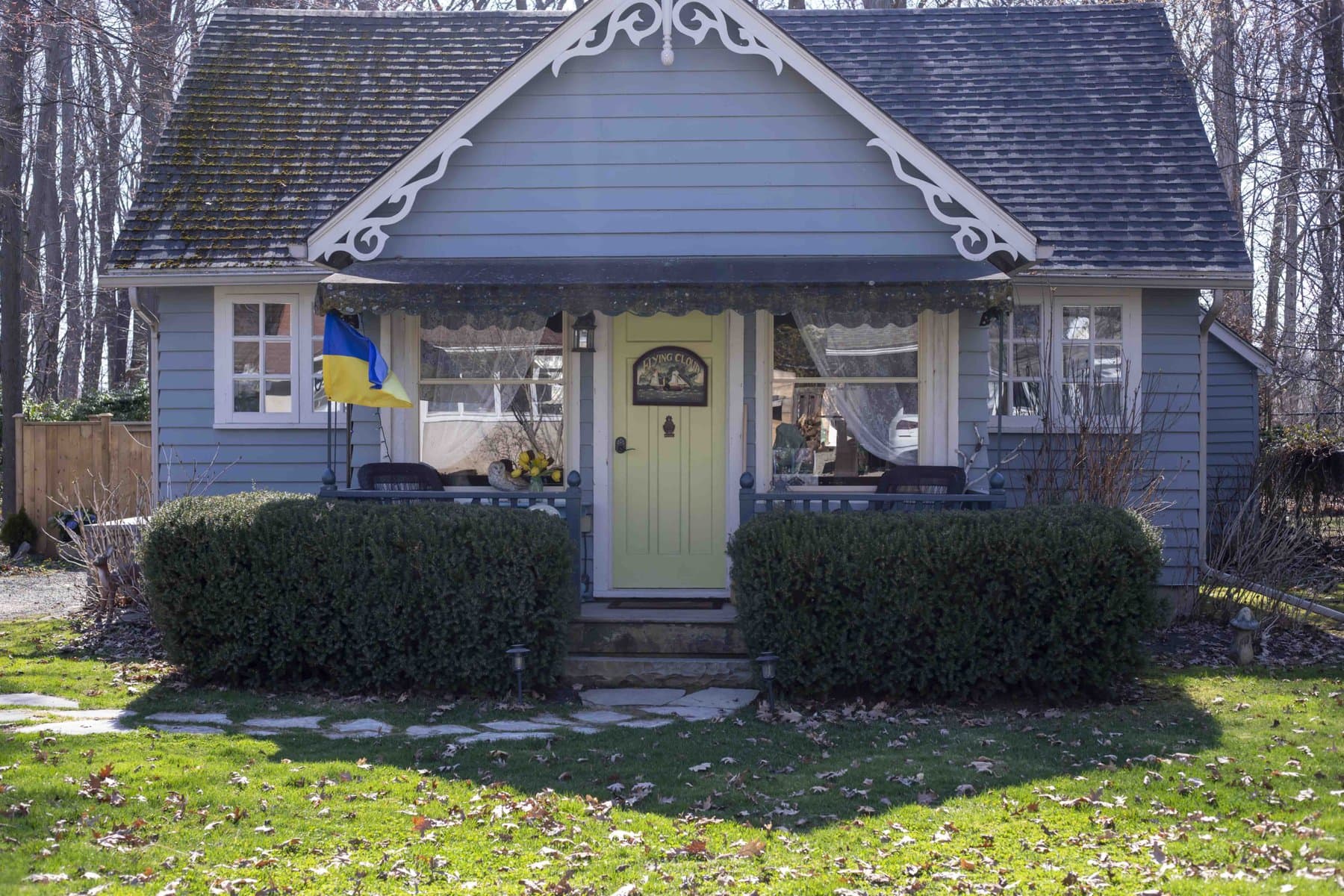The town has received about $200,000 from the municipal accommodation tax since last July, a fraction of what it could be collecting if the same tax was levied on all short-term rentals.
Currently, the town collects the two per cent tax from all businesses providing five rooms or more. Those with less than five rooms are exempt from the tax.
“Staff estimates that an additional $600,000 may be received” if the tax is collected from all operators, town spokesperson Marah Minor said in an email.
However, since the town’s bylaws define a bed and breakfast as a “single-detached dwelling with no more than three guest bedrooms,” most of them are exempt from charging the room tax.
Cottage rentals are defined by the same three-room criteria and are also exempt from the tax.
The town’s bylaw defines vacation apartments as one-bedroom units rented out to vacationers and are exempt them from the room tax.
Research by The Lake Report in 2021 showed that of 255 short-term rentals, only 12 would have to collect the accommodation tax.
That list had grown to 347 licensed short-term rentals as of February 2023.
Of those, 311 are bed and breakfasts, cottage rentals or vacation apartments.
The remaining 36 are country inns and villas, classified as having four or more rooms.
Even if all 36 of the villas and country inns are collecting the room tax, the town will still be receiving revenue from a minority of short-term rental operators.
Currently short-term rentals are regulated entirely by the town’s short-term rental bylaw.
Coun. Gary Burroughs says the town’s bylaw on short-term rentals needs to be updated.
“We (the short-term rental committee) filed our final report in July 2021. It was passed by council and sent to staff for review. Well, we haven’t got that back yet,” he said.
Town spokesperson Marah Minor told The Lake Report that staff “is currently reviewing and updating the short-term rental bylaw.”
Minor said staff would bring the updated bylaw to council later this year, but did not say when.
The former council decided not to force smaller short-term rental operators to collect the tax because of how complicated the collection process is, said Burroughs.
He said the councillors thought “it was too complicated to collect rental income” from the smallest operators.
Coun. Wendy Cheropita explained that short-term rentals are often operated by homeowners or couples looking to supplement their income.
“As a private owner of a home you don’t have administrative people,” she said.
As well, when council approved the room tax, “it was during COVID,” Cheropita said.
Council was concerned about the impact the tax would have to small businesses operating in the short-term rental community, she said.
One potential solution is to contract the tax collection to a third party, she said.
Cheropita said the Ontario Hotel and Motel Association is a good option for collecting the room tax.
“They are already experienced and have been doing it for many municipalities for a number of years,” she said.
Another solution, proposed by David Levesque, former president of the NOTL Bed & Breakfast Association, is to charge a flat fee to operators, rather than calculating it as a percentage of the room rate.
Levesque said operators are not opposed to the tax but that they want a simpler process.
“A flat fee would be much easier to implement for smaller operators,” he said.
Short-term rental operators usually run their business with property management software, Levesque said.
This software helps owners to book rooms, charge renters and calculate taxes.
However, Levesque said operators have a variety of software to choose from and not all of them can calculate the town’s room tax efficiently.
So, many rental owners have to switch to new systems, he said.
He said even hotels with substantially more resources than family-run B&Bs are struggling to implement the tax “from a technological level.”
Why is it so complicated?
First, the town levies the tax on the room rate. The rate and room tax are then added together for a new total. The harmonized service tax (HST) is then added to the new total.
“That’s very, very difficult to implement,’ Levesque said and not every property management system is equipped to do it.
In the meantime, “we’re still collecting last year’s money,” Burroughs said.
Minor said the first instalment of the room tax was due Jan. 2 but the town offered a 90-day grace period, which ended April 3.
That first tax instalment only covers July to September 2022, though.
Burroughs pointed out there are potential flaws with the room tax as well because businesses do not have to report their finances to the town.
Hotels and other short-term renters do not have to disclose their room rates so it’s left to “the honour system” to ensure compliance, he said.
Minor said the town has the right to audit operators of short-term rentals to check for compliance.










